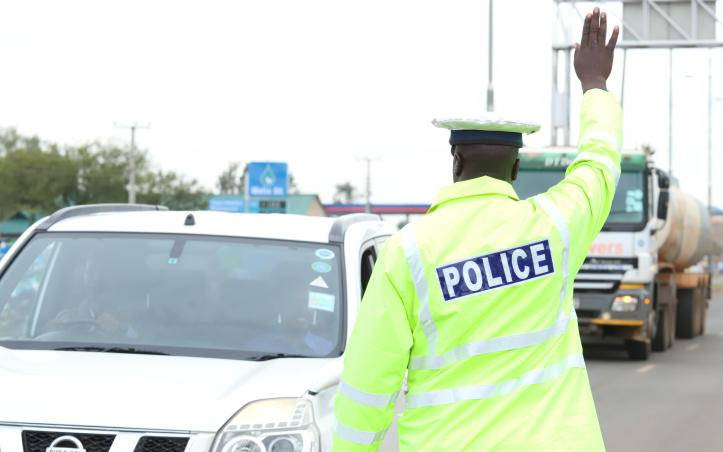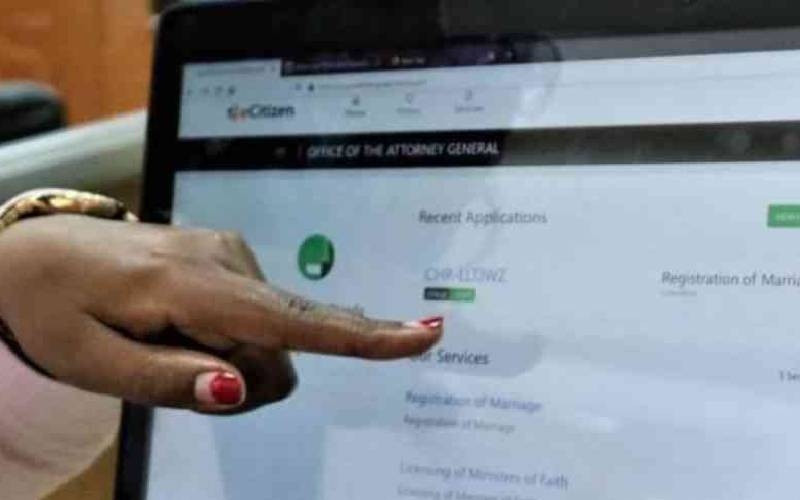The Constitution of Kenya under Article 33 protects each individual’s freedom of expression, which extends to freedom to seek, receive or impart information or ideas.
Free speech is important, but it is not the only value and it does not have priority over all other considerations. Indeed, paragraph (2) of Article 33 limits this freedom of expression by stating that it does not extend to: propaganda for war, incitement to violence, hate speech or advocacy of hatred that constitutes ethnic incitement, vilification of others or incitement to cause harm.
In addition, such freedom of expression must not violate any ground of discrimination specified or contemplated under Article 27 (4) and must be exercised with respect to the rights and reputation of others.
It is with full cognisance of the foregoing that I wish to delve into the matter of an apparent government crackdown on bloggers. Only last week, blogger Abraham Mutai was arrested for posting stories critical of members of the president’s family and other people close to power. Mutai had ostensibly belittled “big people in government” by publishing on his blog “issues that offended many people and caused anxiety without evidence”. Police accused him of misuse and abuse of communication-licensed platform, an offence they said they are investigating.
While his Twitter account was temporarily suspended, the nature of the Internet and its users are such that the entire thread of the blogger’s account is widely available online. In fact, attempted censorship usually leads to proliferation of the material being clamped down on. An impassionate reading of the material that caused the arrest of the blogger reveals that it dissects grave matters of national concern.
The online account associated with Mutai has in recent months been used to post allegations of poaching, corruption and misuse of funds in Isiolo, Mandera and Mombasa counties. The blogger has also posted claims of impropriety at the Geothermal Development Company and linked several names to the alleged corruption. CID director Ndegwa Muhoro said there had been a complaint regarding Mutai’s posts and that was why he was arrested and questioned.
Section 66 of the penal code outlaws publishing of alarming publications, Section 194 of the penal code covers for defamation. A far weaker law was used to threaten him. Section 29 of the Kenya Information and Communications Act, which provides that ‘a person who sends a message that he knows to be false for the purpose of causing annoyance, inconvenience or needless anxiety to another person commits an offence’. This legislation is meant to deal with perpetrators of hoaxes rather than the weighty allegations made by the blogger. It is clear that the intention was not to apply the law but to intimidate. Furthermore, it is noteworthy that the words ‘needless anxiety to another person’ as used in this law does not apply to fear of legitimate prosecution for actual commission of criminal actions.
As it is, the blogger has been freed. Yet the manner of his arrest is what caused all the hue and cry. He was arrested in Mombasa, transported in the dark of night to Nairobi for ‘questioning’ and thereafter ordered to report to CID headquarters for further ‘questioning’.
If indeed the allegations the blogger makes are true, then he should be the recipient of a national award (not that the EBS has ever been given to a corruption whistle-blower anyway) on the other hand, if the blogger has been less than forthright with the facts then he should find himself on the wrong end of a suit for defamation.
In the legal history of this country, actions for defamation have usually been brought to court by the injured parties and not by police.
Let those mentioned in the blog bring an action to court if they are aggrieved. When the instruments of government are used apply the law in a disproportionate manner calculated to needlessly disrupt and oppress the lives of wananchi, thereby limiting their freedoms, that amounts to harassment.
 The Standard Group Plc is a
multi-media organization with investments in media platforms spanning newspaper
print operations, television, radio broadcasting, digital and online services. The
Standard Group is recognized as a leading multi-media house in Kenya with a key
influence in matters of national and international interest.
The Standard Group Plc is a
multi-media organization with investments in media platforms spanning newspaper
print operations, television, radio broadcasting, digital and online services. The
Standard Group is recognized as a leading multi-media house in Kenya with a key
influence in matters of national and international interest.
 The Standard Group Plc is a
multi-media organization with investments in media platforms spanning newspaper
print operations, television, radio broadcasting, digital and online services. The
Standard Group is recognized as a leading multi-media house in Kenya with a key
influence in matters of national and international interest.
The Standard Group Plc is a
multi-media organization with investments in media platforms spanning newspaper
print operations, television, radio broadcasting, digital and online services. The
Standard Group is recognized as a leading multi-media house in Kenya with a key
influence in matters of national and international interest.









